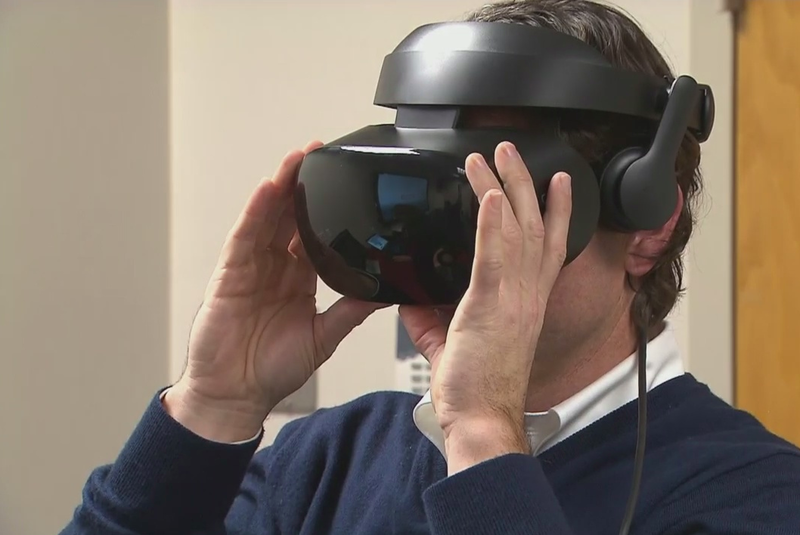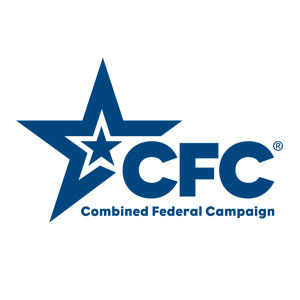
Dealing With the Effects of Post Traumatic Stress: Have You Considered Virtual Reality Therapy to Treat PTS?
By Chris Meek
More than 3 million Americans have served around 5.4 million deployments since the horrendous events that took place on 9/11, resulting in a considerable number of young veterans struggling with a plethora of mental health issues, including post-traumatic stress (PTS) and depression.
For those veterans that are living with the effects of PTS, navigating life after service can present many obstacles and challenges, especially when greater than half of veterans with PTS never receive treatment. Says Dr. Albert “Skip” Rizzo, PhD, director of Medical Virtual Reality at the Institute for Creative Technologies at the University of Southern California, “You’re always looking for the next shoe to drop. That might have been a survival skill in combat, but it doesn’t work so well in civilian life.”
In an effort to combat the high national average of 20 U.S. military veteran suicides that occur each day and to offer an additional solution to treating PTS, the national non-profit organization SoldierStrong maintains a partnership with the Veterans Administration to offer BraveMind. BraveMind is a revolutionary virtual reality therapy program that maximizes the efficiency of PTS treatment while appealing to young veterans. Due in part to the ever growing popularity of gaming, the use of virtual reality therapy as a way to treat PTS remains appealing to young veterans who may not be inclined to participate in traditional therapy practices.
Exposure therapy, the practice of recalling a troubling memory while talking through the nuances of that memory with a therapist, is a proven effective method in treating PTS. However, veterans dealing with PTS often find it difficult to summon specific memories of their time in service. Virtual reality therapy makes the process of recalling such memories easier for veterans.
The technology in the BraveMind virtual reality system utilizes an array of specific “worlds.” These fourteen different “worlds” offer a wide range of combat scenarios, such as a crowded Iraqi marketplace. Therapists can select a specific world and customize it, recreating the scene of the troubling memory in the virtual reality headset, thus placing the veteran squarely back within the midst of that memory.
The protocol may come across as simple in writing, but as Dr. Rizzo notes, exposure therapy can be “hard medicine for a hard problem.” However, if done in a safe and supportive environment, in which veterans feel comfortable, it can help individuals confront and deal with their emotions surrounding a traumatic memory in a healthy and effective manner.
The BraveMind program remains so effective because it affords therapists the control to customize the world in the headset so precisely, that sounds, smells and the time of day mirror those of the exact memory. Experiencing troubling memories repeatedly works to reduce the brain’s response to them, so that veterans can begin to have greater control of their memories instead of their memories continuing to have a large stranglehold on them.
“It gets them to talk about things they’ve never talked to anyone about before,” said Dr. Rizzo, “Those memories don’t have the same intense, painful emotional power that they did before. Patients start to feel empowered, to feel that they got it out, and that they can talk about it.”
The BraveMind initiative has donated 12 virtual reality headsets to VA Hospitals across the country since September.
To learn more about SoldierStrong’s BraveMind program, please visit us on the web at https://www.soldierstrong.org/bravemind/

